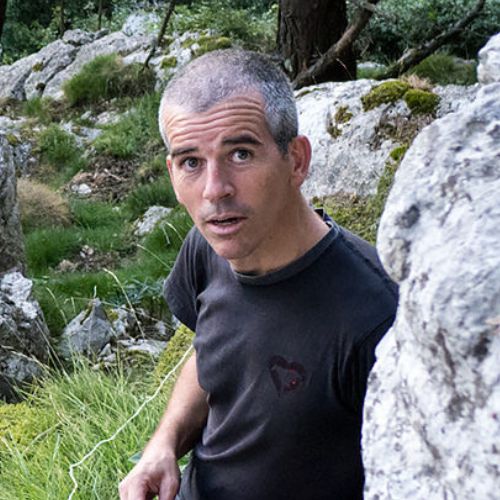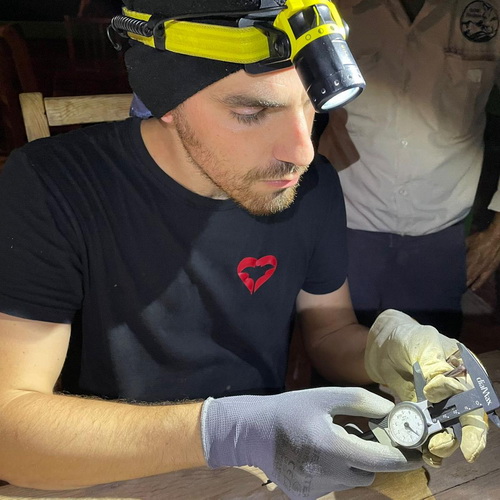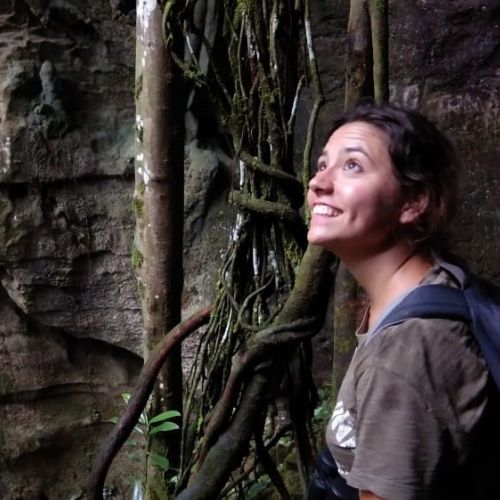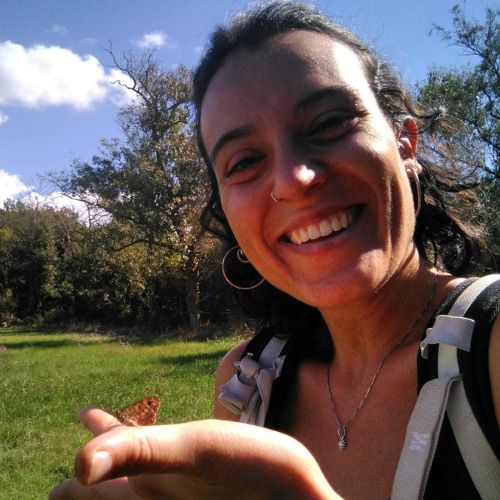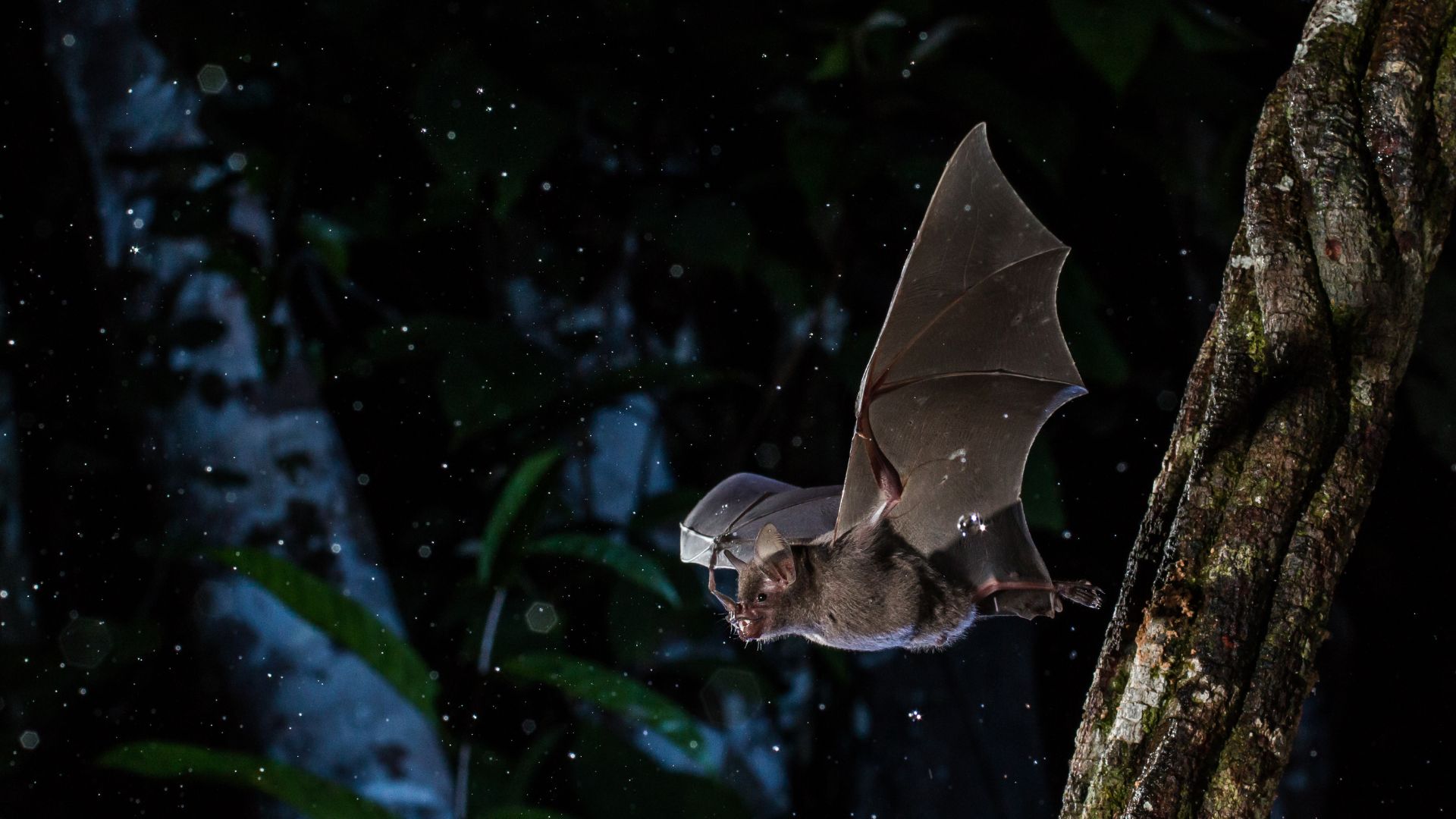Ecology and Conservation of endangered species
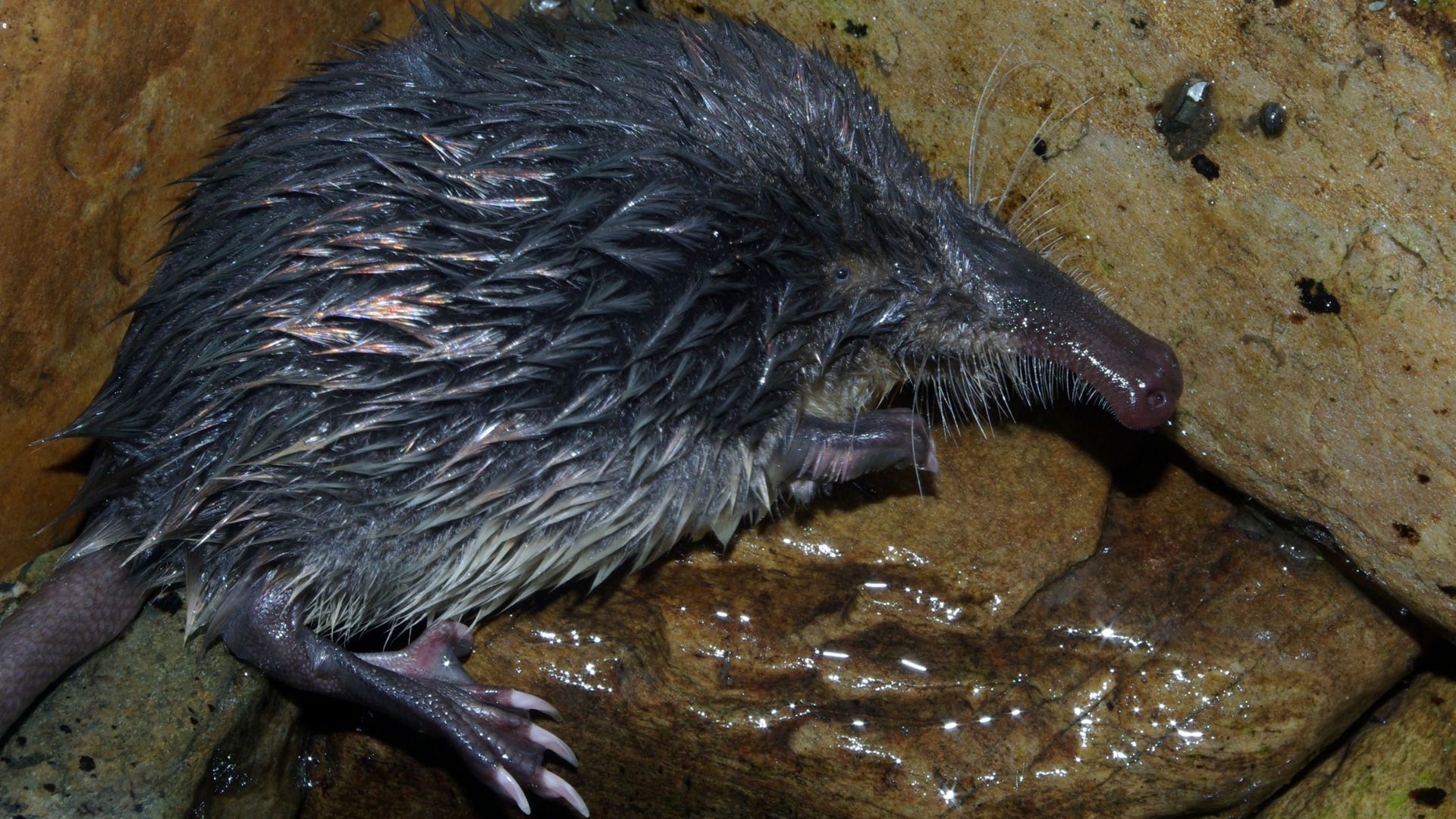
© David Pérez (DPC)
According to the Catalan Governement the knowledge of the endangered species, including their classification and distribution, is a key requirement for land-use management and the management of protected natural areas in Catalonia. In addition, the Catalogue of Endangered Fauna is currently in the process of being approved to provide a regulatory protection status for species.
Our research group has reported new data for several endagered species, some of them considered first records in Catalonia (i.e Myotis alcathoe, Vespertilio Murinus, Plecotus macrobullaris), but also the Pyrenean desman (Galemys pyrenaicus) or the water shrew complex. We are also involved in the Montseny brook newt (Calotriton arnoldi) study, a recently discovered species, with up to 1,500 individuals concentrated in a few sections of various mountain streams on the Montseny massif. The species is endemic to this massif and classified by the IUCN as “Critically Endangered”.
Small mammals, as small endotherms wih fast generation times and limited dispersal, are ideal subjects to study the effects of climate change on their populations. Statistical models based on climatic envelops suggested range shifts upwards (i.e., latitude and elevation) with ongoing warming climate predictions. Thermophilic species are expected to increase their ranges, whereas mesophilic species are expected to show range contractions in the near future. These changes will produce significant restructuration and banalization of small mammal communities, losing several ecosystem services (food supply, seed dispersal, insect pest control, etc.). Nonetheless, preliminary investigations highlighted possible reversed patterns in common species, what has given to define a “climatic paradox”: under climate change, termophilic species are declining and mesophilic species increased or showed stable patterns. These results -counter to expectations- could be explained by the overwhelming effects of landscape change on small mammals’ populations. Afforestation favours mesophilic species, whereas it harms termophilic species mostly associated to open land suffering from habitat loss. Relatively long time series of data are starting to yield interesting results on the effects of climate change and landscape change in the Mediterranean small mammal populations.
- Revilla-Martín, N., Budinski, I., Puig-Montserrat, X., Flaquer, C., & López-Baucells, A. (2021). Monitoring cave-dwelling bats using remote passive acoustic detectors: a new approach for cave monitoring. Bioacoustics, 30(5), 527-542.
- Coronado, A., Flaquer, C., Puig-Montserrat, X., Barthe, E., Mas, M., Arrizabalaga, A., & López-Baucells, A. (2017). The role of secondary trees in Mediterranean mature forests for the conservation of the forest-dwelling bat Myotis alcathoe. Are current logging guidelines appropriate?. Hystrix, 28(2), 240.
- Alberdi, A., Aihartza, J., Albero, J. C., Aizpurua, O., López-Baucells, A., Freixas, L., ... & Garin, I. (2012). First records of the parti-coloured bat Vespertilio murinus (Chiroptera: Vespertilionidae) in the Pyrenees.
References



